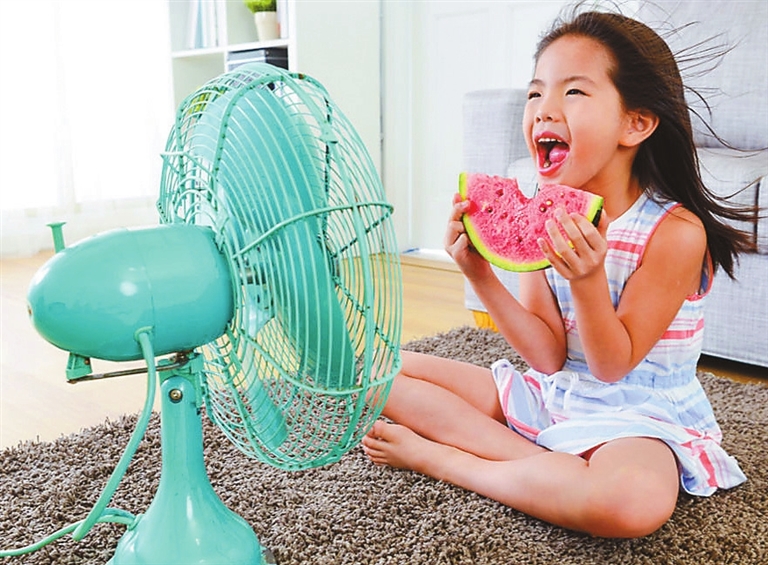
IF you’re living through a heat wave, it’s understandable to have questions about what actions you can take to stay cool. Social media are cropping up with advice on everything to do, from blacking out windows to choosing a “cool room” for your home. Here’s some advice from experts. Stay out of the sun If your home has air conditioning, stay indoors and use it, suggests certified natural disaster preparedness instructor Cheryl Nelson in the U.S. If your house doesn’t have A/C, she recommends visiting a cooling center, library, shopping mall or “any public place that has air conditioning.” Run fans for added ventilation If you have ceiling fans, Nelson recommends keeping the blades spinning counterclockwise. “When your ceiling fan spins fast in this direction, air is pushed down, creating a cool breeze,” she says. “If you have a lot of ice, put the ice in a tray and place it in front of a fan. The fan’s air blowing over the ice will help cool your space,” Nelson says. Focus on hydrating foods The foods you eat can help keep you hydrated, along with drinking liquids. “During a heat wave, I recommend eating vegetables and fruits such as cucumbers, celery, lettuce, strawberries and melons,” Nelson says. She says that soup is a “good choice” because of its sodium content, which can help replace lost electrolytes. Stick to smaller meals “Digestion heats the body up,” says Dr. Mark Conroy, emergency medicine physician at the Ohio State University Wexner Medical Center. That’s why he suggests eating smaller meals throughout the day. “If you know you’ll be hungry, it’s best to eat a larger breakfast when it’s still cool, and a larger dinner later at night when it’s also cooler,” he says. At the same time, be aware that you may need to eat more overall during the day. “Your caloric needs and water losses are increased” in high temperatures, according to Lewis Nelson, professor and chair of emergency medicine at the Rutgers New Jersey Medical School. Keep your windows and shades closed during the day This helps keep out heat generated by the sun, Nelson says. If you don’t have air conditioning, she recommends opening your windows and shades at night to let cooler air in for circulation. Take cool showers “If you take a cold shower or bath immediately after being in the heat, rapid changes can occur in your heart rate, blood pressure and breathing rate,” Nelson says. Cold showers and baths will also cause shivering, which heats up your body, she points out. Her recommendation: Take a shower with cool water and, if you feel particularly overheated, apply ice packs to your head, neck, wrists and other pulse points to stay cool. Push the fluids “On hot days, you’re going to have to drink a little more than expected,” Conroy says. A typical goal for fluid intake is 1.8 liters but, “when the temperature is 37 degrees Celsius or higher, you may need to double that,” he says. “Water is the mainstay of keeping hydrated, but water alone is insufficient and may be dangerous,” Nelson says. “If at all possible, more than two or three bottles of plain water should not be used without food or other electrolyte supplementation.” It’s also a good idea to avoid alcohol and heavily caffeinated beverages since they can dehydrate you, Conroy says. (SD-Agencies) | 
